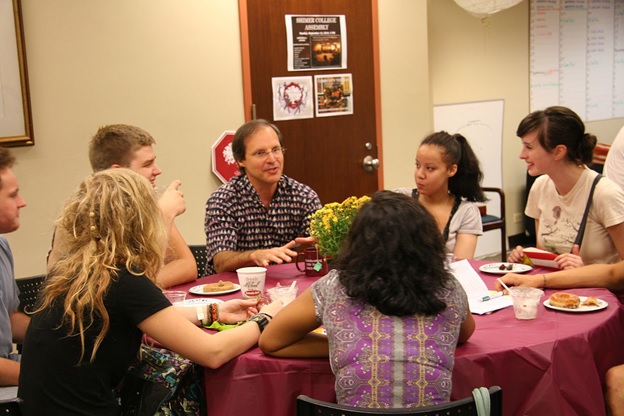Parenting Support Services

Parents are key
We believe parents and caregivers are their children’s greatest teachers and our most important partner on the child’s treatment team. At Merrimack Valley Trauma Services, we directly involve caregivers (biological parents, kinship parents, foster parents, and relatives) in every aspect of their child’s treatment, as we know that healing from trauma occurs through the safe and loving relationships between caregivers and their children.
Many caregivers have their own trauma histories and struggle with mental health issues, substance abuse, and problems in relationships. Sometimes these struggles impact the way they parent their children. Our unique parent-focused services are customized to each caregiver’s strengths and needs. Through education, skills building, coaching, and support, we believe parents can experience personal healing, as well as promote healing within their family for generations to come.

Button Parent Groups
Parenting Groups

Using the evidence-based “Nurturing Families Affected by Substance Abuse, Mental Illness, and Trauma” curriculum, these groups help parents to:
- Strengthen the bond they have with their child (of any age);
- Understand trauma and its impact on adults and children;
- Learn about child development and the reasons why children misbehave;
- Obtain tools they need to effectively and safely respond to misbehavior and prevent it from reoccurring;
- Increase their self-esteem and confidence in their parenting;
- Manage stress and improve family communication; and
- Build trust, consistency, and safety in the family.
Family Nurturing Flier
Therapeutic Parent Coaching

One-on-one sessions customized to meet the needs of each parent or caregiver using evidence-based treatment modalities, including Cognitive Behavioral Therapy, Attachment, Self-Regulation, and Competency (ARC), Child-Parent Psychotherapy, Internal Family Systems, psychoeducation and attachment-focused, trauma-sensitive parenting principles. Goals may include, but are not limited to:
Strengthening the child/parent attachment relationship;
Understanding trauma and its impact on children;
Understanding how a caregiver’s trauma history can impact their parenting;
Learning about child development and the reasons why children misbehave;
Obtaining tools needed to effectively and safely respond to misbehavior and prevent it from reoccurring;
Successfully reunifying children with their caregivers after a separation has occurred (Protection and Abuse Clarification);
Increasing a child’s self-esteem;
Increasing a parent’s confidence level in managing their child;
Coping with stress and improving family communication; and
Building trust, consistency, and safety in the family.
Safe Kids-Healthy Families Program

For parents whose child or adolescent has been sexually abused or is at risk for sexual abuse. Goals of this program are:
- To provide age-appropriate sexual abuse prevention information and training;
- To help caregivers develop the skills needed to safely and effectively respond to their children’s behaviors (including sexualized behaviors) using trauma-sensitive discipline strategies; and
- To create a safety and supervision plan to prevent future abuse.
more information